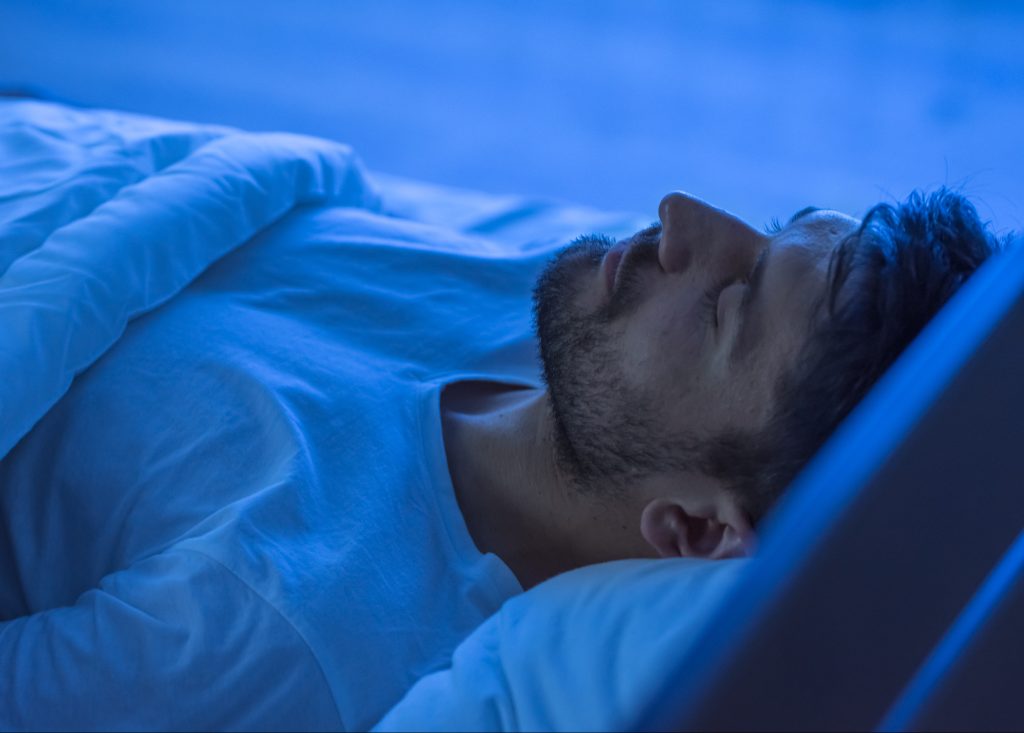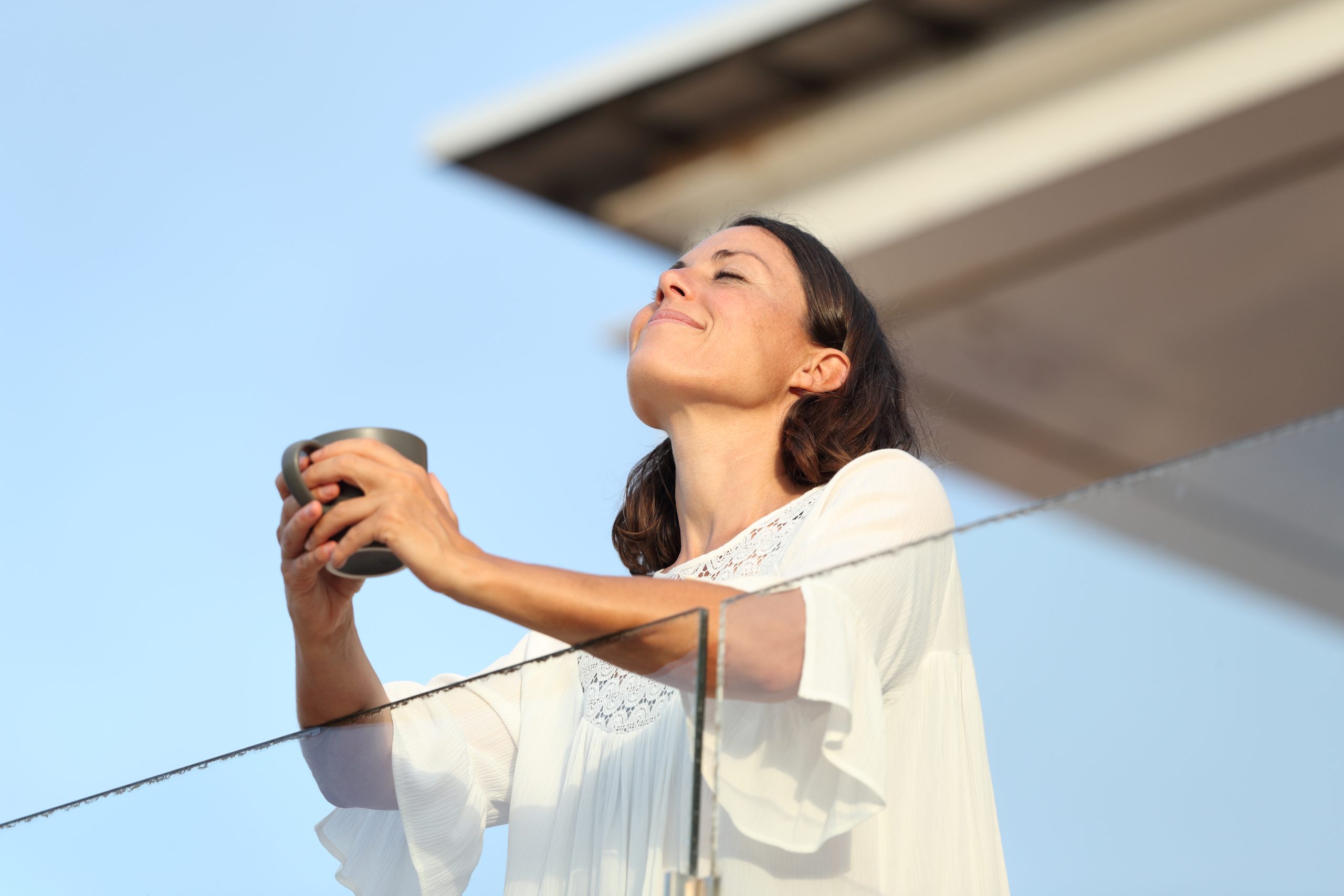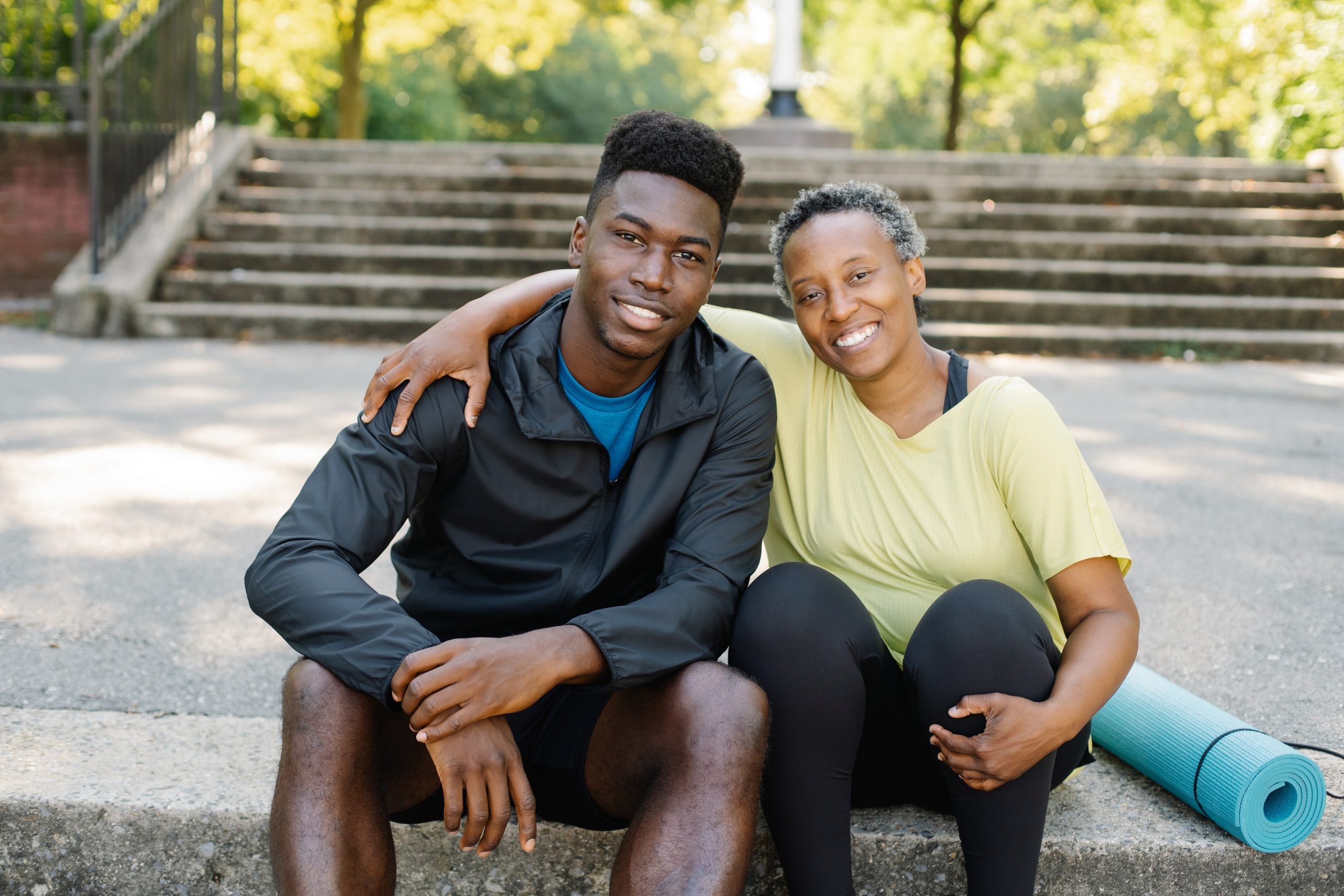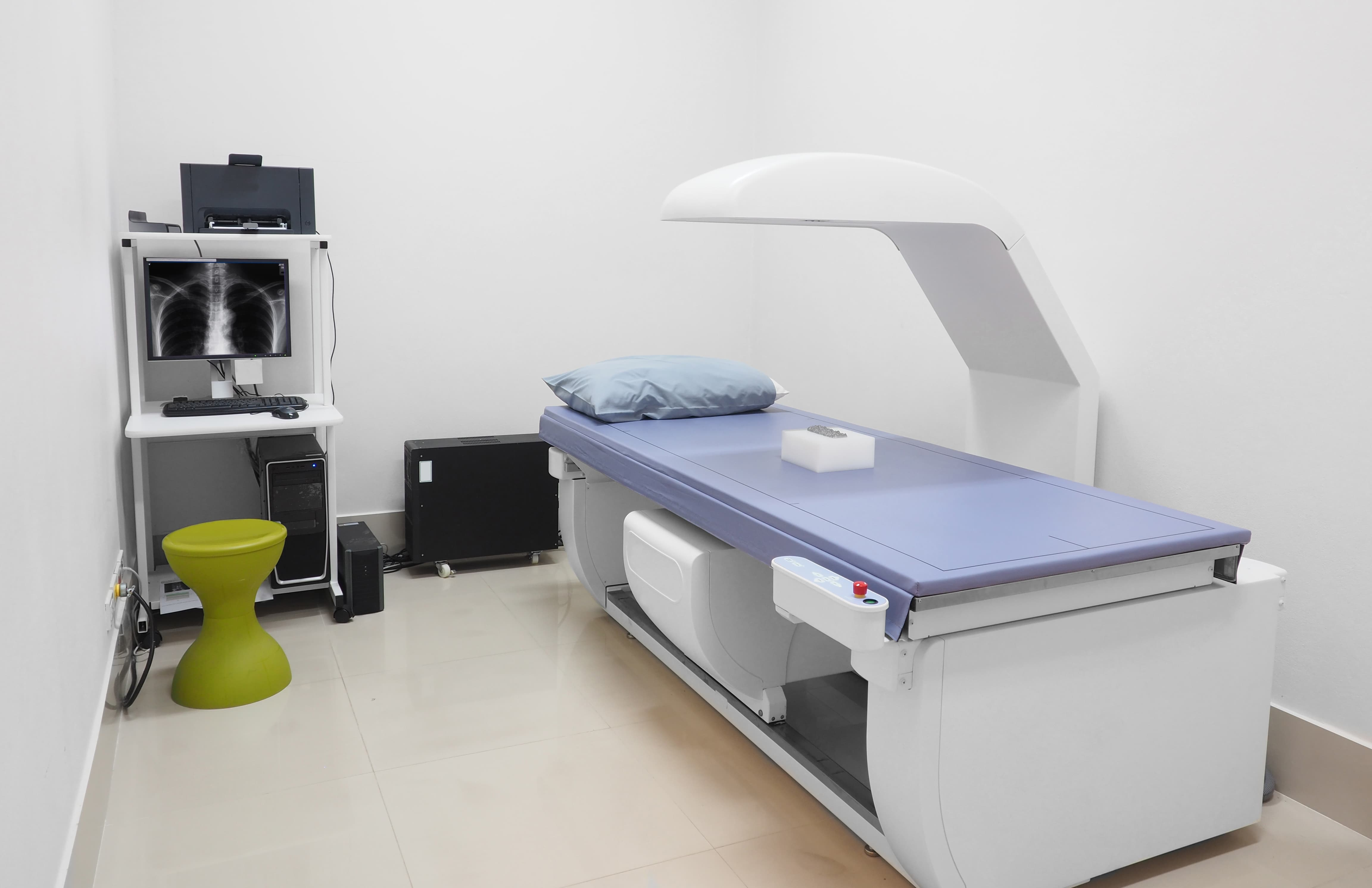Sleep apnoea is a sleep condition causing breathing to be interrupted during sleep. Two of the most common signs and symptoms of sleep apnoea are daytime fatigue and snoring.
There are two types of sleep apnoea, the first being Obstructive Sleep Apnoea (OSA) and the second being Central Sleep Apnoea (CSA). In OSA, the airway narrows while sleeping. In CSA, breathing problems are caused by cognitive issues interrupting communication with the body.
Ultimately, these interruptions disturb sleep, leaving people exhausted and significantly impacting their quality of life.
In this article, we look at the causes and signs of sleep apnea and, importantly, treatments to reduce the intensity and get you a good night’s sleep.
What is sleep apnoea?
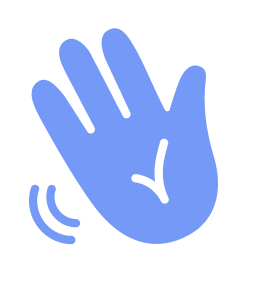
Put simply, sleep apnoea is a sleep disorder that disrupts your breathing while sleeping. Interestingly, the word ‘apnoea’ is derived from the Greek language meaning ‘lack of breath’ or ‘breathlessness.’
Sleep apnoea causes your breathing to either be interrupted or briefly stopped while sleeping. The two leading reasons are a narrow or blocked airway and poor cognitive communication between your brain and muscles.
Amazingly, the lack of oxygen triggers your brain to wake up and allows you to breathe again and, undoubtedly, even more importantly, to live. However, waking up in a state of shock not only interrupts your sleep but also places a significant amount of pressure on your heart.
What are the common signs of sleep apnoea?
The signs and symptoms can vary significantly depending on the type of sleep disorder you are suffering from.
Obstructive sleep apnoea symptoms:
-
Extreme daytime fatigue
-
Dry mouth and sore throat
-
Snoring and gasping
-
Restlessness
-
Mood swings
-
An inability to focus
Symptoms related to ‘central sleep apnoea’ or CSA are significantly different from those experienced by obstructive sleep apnoea.
Central sleep apnoea symptoms:
-
Irregular breathing
-
Extreme daytime fatigue
-
Waking frequently during sleep
-
Chest pains and shortness of breath
-
Inability to focus
-
Headaches or migraines
Many who suffer from sleep apnoea may not be aware of their sleeping disruptions unless told by their partner or family member.
Five ways sleep apnoea affects you

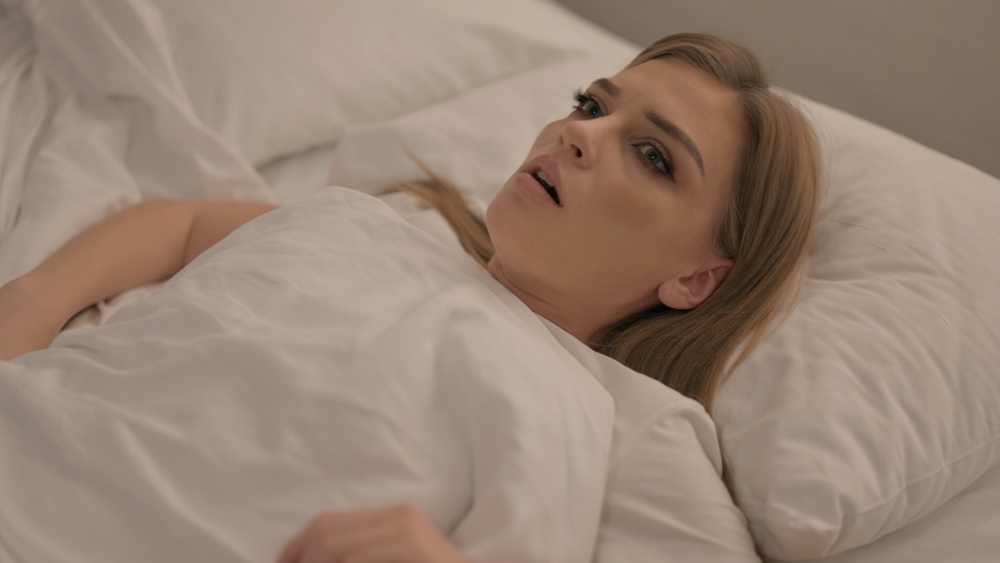
As we’ve seen, it is a serious sleep disorder that can devastate a person’s quality of life. Let’s take a look at five ways this sleep disorder may affect you.
1Daytime tiredness
Due to frequent sleep interruptions, those with sleep apnoea suffer from daytime tiredness and exhaustion, which can be incredibly dangerous, especially while driving. Lack of sleep also causes brain fog, which hinders work and study productivity and puts people at greater risk of workplace injuries.
2Serious heart conditions
People with sleep apnoea can develop increased blood pressure, significantly raising the risk of severe heart conditions. This disorder may also induce abnormal heart rhythms and lower blood pressure.
Sleep apnoea can cause or increase the risk of:
-
Heart attacks
-
Heart failure
-
Coronary Artery Disease
-
Strokes
-
Sudden death (in severe cases)
3Interfere with medications and surgery
Sleep apnoea can be a genuine concern during surgery. Medications like sedatives and analgesics relax your airways, increasing the risk of complications while undergoing a major operation. People with this problem can suffer from severely restricted air flow, particularly while lying on their back during surgery.
4Eye and sight conditions
One study suggests a connection between sleep apnoea with specific eye conditions such as Glaucoma. Luckily most health conditions concerning the eyes can be treated simply and effectively.
5Disrupt the sleep of others
Perhaps a less severe result of this condition is that it disrupts the sleep of your partner and other family members. Many partners make the decision to sleep in a separate room to combat the loud snoring and gasping.
Sleep apnoea may also cause:
-
Problems with memory
-
Headaches and morning brain fog
-
Depression
-
Frequent waking to take toilet breaks
How is sleep apnoea treated?

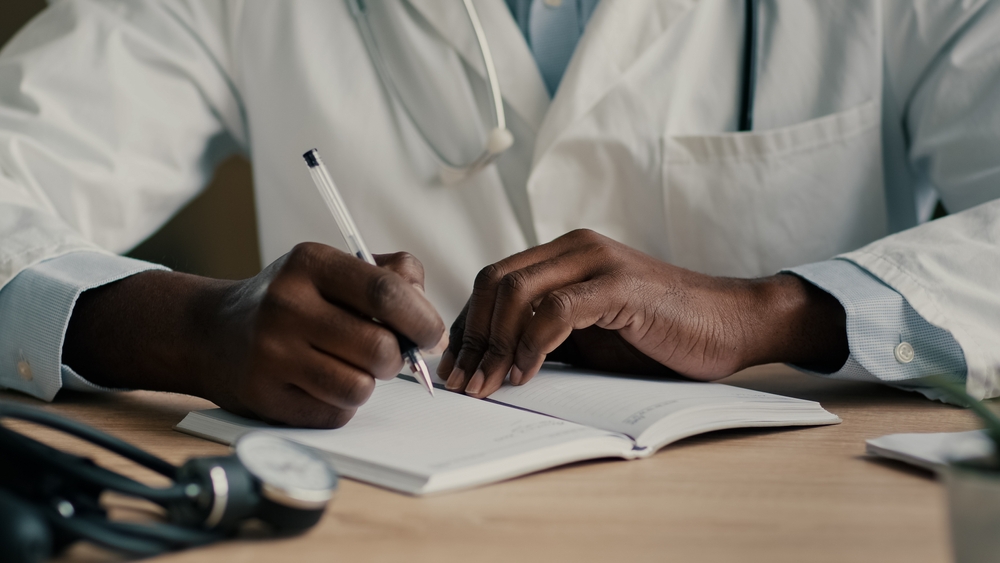
It can be treated in several ways, from making adjustments to lifestyle elements like exercise and diet to more extreme treatments like surgery and the use of sleeping aids.
Limiting alcohol consumption and quitting smoking are also strongly advised. Breathing devices can help those suffering from more severe sleep apnoea. These devices provide constant airflow while sleeping but come with side effects such as dry eyes and mouth and nosebleeds.
Many people also use oral devices to alleviate the symptoms of this condition. These devices are designed by oral surgeons and keep your airways open and unobstructed while sleeping. Oral devices help keep your jaw in place and also to stop your tongue from blocking your airway.
Sleep experts may also recommend performing facial and mouth exercises to help strengthen the muscles responsible for controlling your face, airways, lips, and tongue.
Seven celebrities with sleep apnoea
There are actually quite a number of celebrities who live with that problem. They come from a wide range of industries, including business, entertainment, life hacking, and professional sports.
1. Tony Robbins, motivational speaker and life coach
2. Shaquille O’Neal, former NBA player
3. Randy Jackson, music label icon
4. Arianna Huffington, owner of the Huffington Post
5. Amy Poehler, Comedian
6. Brett Favre, legendary NFL quarterback
7. Antonin Scalia, former Supreme court Justice in the US
In the case of Brett Favre, he stated that his struggle with sleep apnoea was one of the main reasons behind his decision to retire. Lack of sleep affects everyone, particularly professional athletes who need rest to recover.
Sum it up

Sleep apnoea is a serious health condition that negatively impacts the lives of millions of people. Because of the constant interruptions caused by it, many sufferers feel tired, which can lead to severe conditions such as chronic fatigue syndrome.
It also can sometimes be deadly if untreated, making early detection and treatment critical. That said, this condition is treatable with a wide range of treatments available. Many devices that treat this sleep disorder are used while sleeping and help to take pressure off the airways.
Lifestyle factors such as poor diet and lack of regular exercise are also contributing factors. Finally, if you think you may have sleep apnoea, please consult with your local healthcare provider.
Hungry for knowledge? Here is more
Watch this video from James Nestor’s YouTube Channel to learn more about the roots of sleep apnoea and the connections between sleep and breathing.
James Nestor is a science journalist and author of the best-selling book ‘Breath: The New Science of a Lost Art’. For this video, he invited airway and sleep specialist, Dr. Steven Y. Park (Albert Einstein College of Medicine) to ask him some fascinating questions about sleeping.

